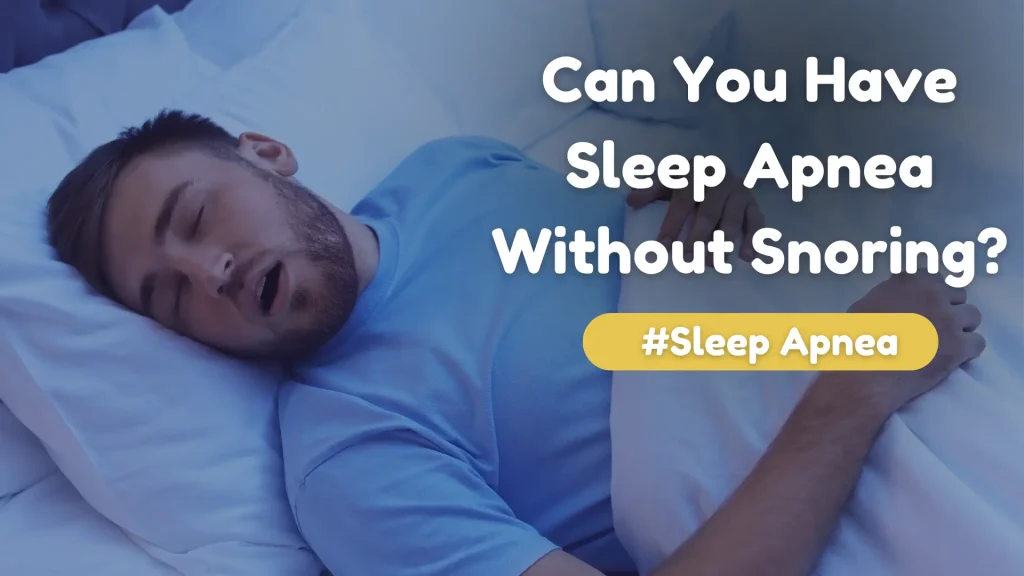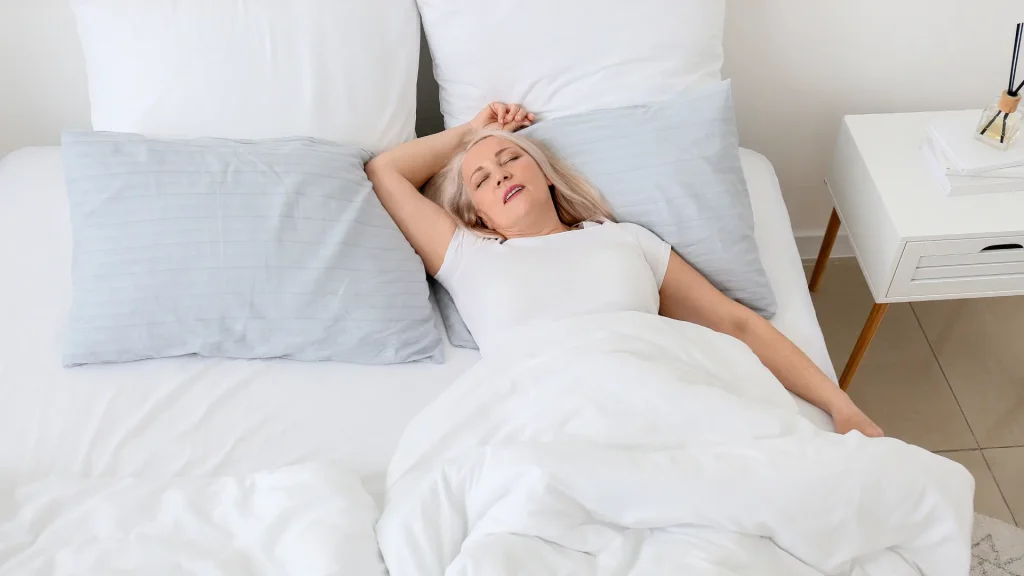Posted on Monday, October 28th, 2024 at 10:36 pm

What Is Sleep Apnea and How Does It Affect Your Breathing?
Sleep apnea is a disorder that causes repeated pauses in breathing during sleep. These pauses can last several seconds and may occur dozens or even hundreds of times per night. Each pause interrupts the oxygen flow, disrupting restful sleep and forcing your brain to wake your body slightly to resume breathing. This constant cycle makes it difficult to reach deep sleep stages, often leaving you tired, irritable, and unfocused during the day.
Sleep apnea occurs in different forms. Obstructive sleep apnea (OSA), the most common, happens when throat muscles relax and block the airway. Central sleep apnea (CSA) results from the brain failing to signal properly to the muscles that control breathing. Finally, complex sleep apnea combines the symptoms of OSA and CSA.
Any form of sleep apnea can impact your quality of life and increase your risk of certain health issues, including high blood pressure, heart disease, and stroke, even in individuals who don’t snore.
Is Snoring Always a Symptom of Sleep Apnea?
Snoring often accompanies sleep apnea, especially in cases of obstructive sleep apnea, where relaxed throat muscles block the airway. The resulting vibration as air struggles to pass can cause loud snoring. Because of this link, snoring is a common warning sign that prompts people to consider a sleep evaluation.
However, snoring alone isn’t automatically indicative of sleep apnea. Many people snore without experiencing pauses in breathing or oxygen disruptions, which are the core issues in sleep apnea. Additionally, sleep apnea can develop without snoring, particularly in cases of central sleep apnea, where brain signaling, not airway obstruction, disrupts breathing. Individuals with mild OSA may also experience only subtle symptoms without any snoring.
Because non-snorers can still have sleep apnea, it’s important to know how to recognize other warning signs that may suggest underlying sleep apnea.
How Can You Recognize Sleep Apnea Without Snoring?
Detecting sleep apnea in non-snorers can be challenging, but specific symptoms can hint at the disorder. People with sleep apnea often feel unusually tired during the day, even after a full night’s rest, due to frequent sleep disruptions that prevent deep, restorative sleep. Some other signs to look for include:
- Regularly waking up with a headache or a dry mouth
- Frequent waking or sudden jolts from sleep, possibly due to shortness of breath
- Mood changes, irritability, or difficulty focusing during the day
- Nighttime sweating or frequent trips to the bathroom
If you notice these symptoms without snoring, consider scheduling a sleep evaluation, as these patterns may signal underlying sleep apnea that needs diagnosis and management.
What Are Your Treatment Options for Sleep Apnea Without Snoring?

- Continuous Positive Airway Pressure (CPAP) – A CPAP machine delivers a steady airflow through a mask, keeping your airway open while you sleep. This is often effective for those with obstructive sleep apnea.
- Lifestyle Changes – Weight loss, regular exercise, and avoiding alcohol before bed can reduce apnea episodes. These adjustments support better airway function and help prevent throat muscles from relaxing too much during sleep.
- Oral Appliances – A specially fitted dental device can adjust your jaw and keep your airway open, relieving some cases of mild to moderate sleep apnea.
- Positional Therapy—Some people experience fewer episodes of apnea by sleeping on their sides. Positional devices can help them stay in this position throughout the night.
- Surgery – In some cases, surgery may help by removing excess tissue or adjusting airway structures to allow better airflow.
Contact Us Today for Your Sleep Evaluation
Poor sleep can contribute to many health issues, making it harder to get through the day. Seeking effective treatments from West Babylon sleep apnea specialists for problems like sleep apnea can go a long way toward improving your health and overall well-being. If you’re experiencing sleep disruptions but a lack of snoring, and you’re wondering about the cause, contact Silent Night Therapy at 631-983-2463 to schedule a consultation and learn more about your treatment options.
Related Posts:
Will Sleep Apnea Affect Your Life Expectancy?
Will a Good Night’s Sleep Help My Heart?